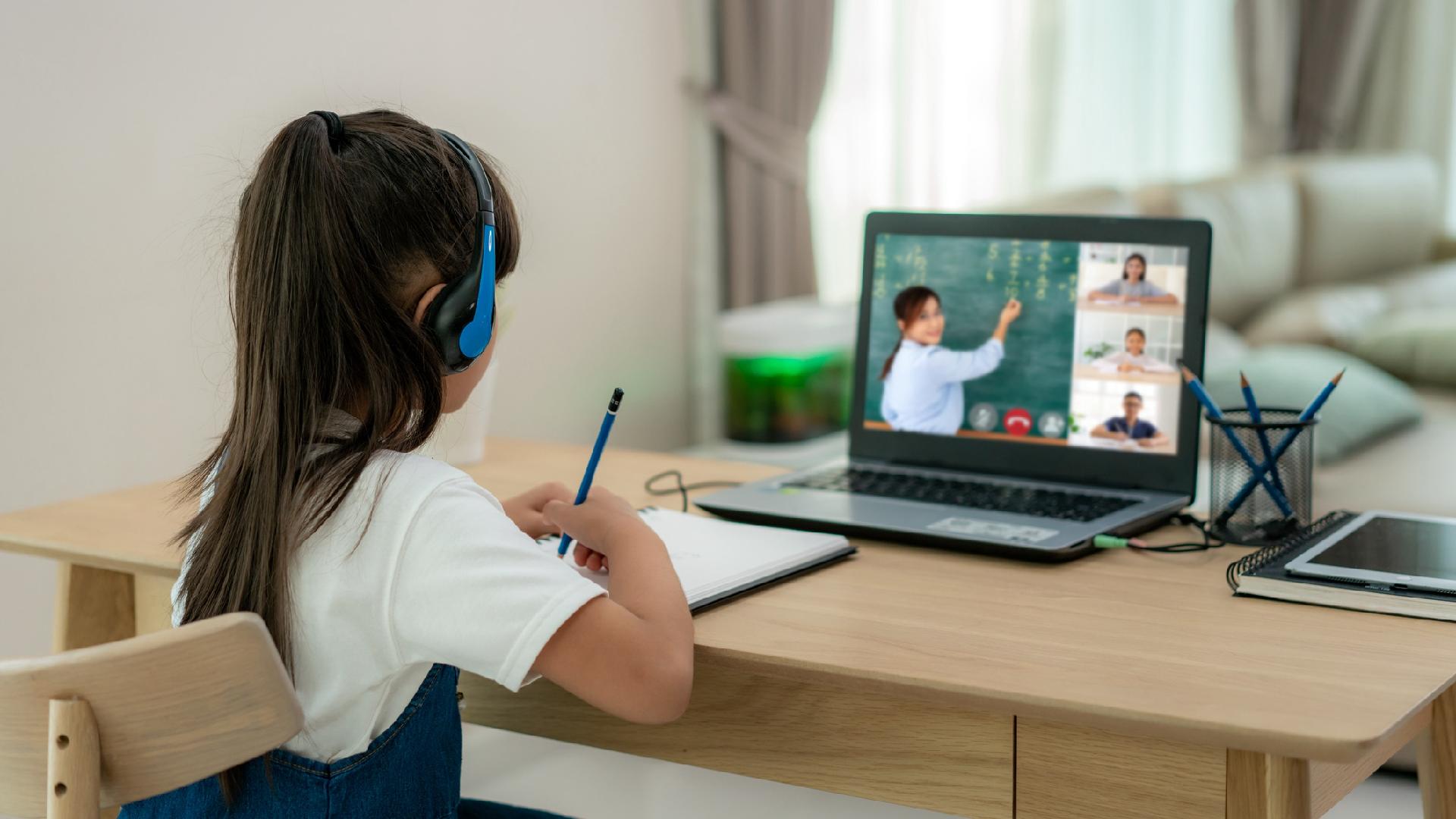COVID-19 Pandemic has caused problems in various fields of life, be it physical, psychological, social, cultural, political, legal, political, or educational. The impact of the Pandemic on the education sector occurs due to a change in learning from offline (face-to-face) to online. Online learning has created problems for students, particularly anxiety about dealing with online learning. The emergence of stress is caused by a lack of social support from the family and low emotional maturity. Therefore, research was conducted on the relationship between social support and emotional maturity with anxiety in online learning.
It is discovered that the Covid-19 Pandemic in Indonesia makes a significant impact both physically and psychologically. One month after the President of the Republic of Indonesia announced about the COVID-19 patient cases, the Indonesian Child Protection Commission data during April 2020 depicted that 76.7% of children were not satisfied to participate in distance learning because the teacher only gave 81.8% assignments and 73.2% felt they had a lot of tasks and had a short time to accomplish it. This reaction is an indicator of the children’s anxiety about distance learning. The stress that occurs in these students is assumed to depend on their social support and emotional maturity. When students get optimal family support and can control their emotions in the face of a pandemic, they can reduce anxiety in facing online learning.
The hypothesis of the study is: (1) There is a relationship between social support, emotional maturity, and anxiety in dealing with online learning among students during the COVID-19 Pandemic; (2) There is a negative relationship between social support and anxiety in dealing with online learning among students during the COVID-19 Pandemic; and (3) There is a negative relationship between emotional maturity and anxiety in dealing with online learning in students during the COVID-19 Pandemic. Researchers used multiple regression analysis with validity and reliability test to test the hypothesis to ensure the assessment tools. The subjects were 202 public and private junior high school students in Sumenep.
The results showed a relationship between social support and emotional maturity with junior high school students’ anxiety in online learning. The effective contribution of the two variables (social support and emotional maturity) was 31.2%, (Freg = 45.066, p = 0.00). Based on the results, it can conclude that schools will have more efforts to deliver a psychological approach to educational parenting to always provide support to their children, especially during online learning. Moreover, it is necessary to conduct training for students to increase students’ emotional maturity. These strategies are the efforts of the school to reduce anxiety when students use online learning. Nevertheless, the participation of parents is inevitable. The parents should provide social support such as caring attention, psychological assistance, and other various supports that can reduce students’ anxiety when facing online learning.
Authors: Moses Glorino Rumambo Pandin





